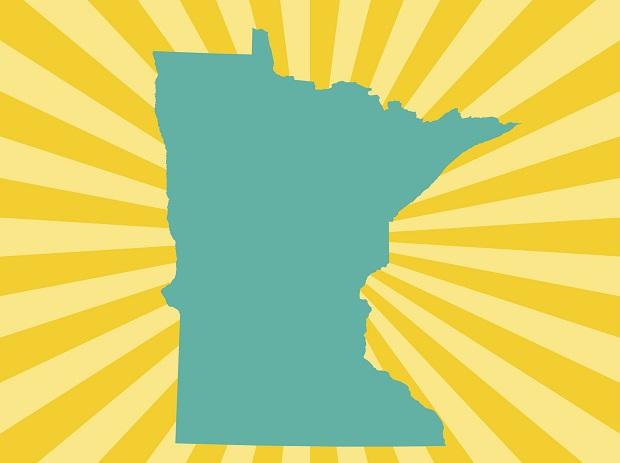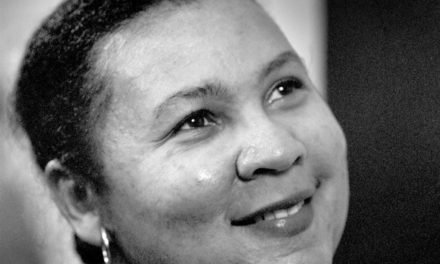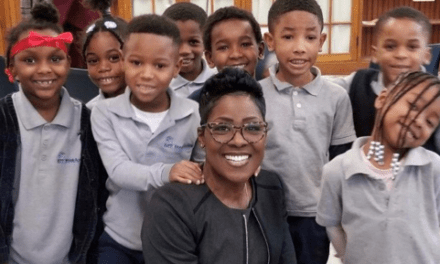
It’s the entertainment industry’s awards season: the Grammys occurred last Sunday, and the Oscars will be happening in a few weeks, with many other events honoring the best performances of the year in between. But entertainment history has an ugly past that has been rearing its head recently, and we should talk about it. What is blackface? Why is it in the news? Why do people still think it’s okay?
Blackface is a form of theatrical make-up used mostly by non-Black performers in minstrel shows to represent a caricature of a Black person. Minstrel shows, first performed in the 1830s, “characterized blacks as lazy, ignorant, superstitious, hypersexual, and prone to thievery and cowardice.” According to the National Museum of African American History and Culture, blackface grew in popularity particularly in areas where people had little exposure to blacks after the Civil War – the North and Midwest. Minstrel shows and blackface created the caricature of blackness that we still see today, particularly when it comes to Halloween costumes.
Back in October, Megyn Kelly, then a host of her own NBC morning show, questioned if, in fact, it is racist for white people to darken their skin for Halloween costumes. She quickly apologized after social media backlash, acknowledging that blackface in the U.S. has an “abhorrent history.” But her comments during the segment reveal the larger problem: we don’t just have a historical blackface problem – we have a current blackface problem, stemming from the fact that many do not know the history of this type of performance.
We don’t just have a historical blackface problem – we have a current blackface problem. Share on XJust a few weeks ago, Democratic governor of Virginia Ralph Northam made the news when a photo in his medical school yearbook showed a man in blackface and another in KKK robes. Northam went back and forth on whether or not he was actually in the photo, and in the process, admitted to wearing blackface in order to go as Michael Jackson to a party in the 1980s. In a follow-up interview with Gayle King, Northam used the title “indentured servants” when talking about enslaved people from Africa. Needless to say, there’s clearly a lack of historical knowledge at play.
And he’s not alone. Virginia Attorney General Mark Herring followed up the Northam scandal by revealing that he, too, had appeared in blackface at a 1980s party. He cited “ignorance” and a lack of “appreciation for the experiences and perspectives of others” in his statement. A Pew Research survey reports that 39% of white people say it is acceptable to wear blackface for Halloween, compared with 28 percent of Hispanic people, and 19 percent of black people.
Clearly, we—meaning mostly white people—need a refresher on why blackface is offensive.
Black History is our history – it is U.S. history. So, during Black History Month, let’s brush up on our knowledge and refuse to use ignorance as an excuse.
Black History is our history – it is U.S. history. So, during Black History Month, let’s brush up on our knowledge and refuse to use ignorance as an excuse. Share on X


















